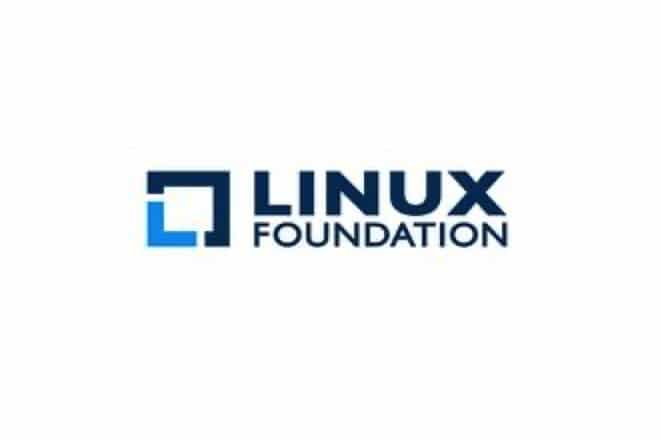Linux Foundation announced that Ent, an entity framework for programming language Go, developed and open sourced by Facebook in 2019, has moved under LF’s governance to help accelerate its development and foster the community of developers and companies using it.
“This additional step of enabling open source contributors to take direct ownership of a project’s technical vision is part of our longstanding commitment to open and sustainable innovation,” said Michael Cheng, product manager at Facebook. “Enabling a project’s maintainers to chart their course often sparks additional investment, contributions and new companies building products and platforms based on that project, for example, GraphQL, Presto, ONNX, and Magma, to name a few. We see that Ent is already following a similar pattern and we’ll be cheering on the Ent community as it enters this next stage of exciting growth.”
An Expanding Project
Ent was designed to enable developers to work on complex backend applications. Developers working on these applications faced the challenge of maintaining a codebase used to manage hundreds of different entity types with numerous, complex relationships between them. Ent uses graph concepts to model an application’s schema and employs advanced code-generation techniques to create type-safe, efficient code that greatly simplifies working with databases compared to other approaches.
Since it was open-sourced in 2019, engineers from many leading companies including Facebook, GitHub, Mail.ru, Scaleway and VirtaHealth have contributed to it. , Ent has also been used by the CNCF projects and by other open source ecosystems.
“From the start it was obvious that Ent would present a unique and compelling value proposition to a diverse range of use cases across any industry with complex technology stacks,” said Ariel Mashraki, Ent’s creator and lead maintainer. “The promise of collaborating with a broad coalition of users was the main reason we open-sourced Ent.”
Ent is just the latest in a variety of technologies that Facebook has first open sourced to the public and then transferred control to the community.












































































